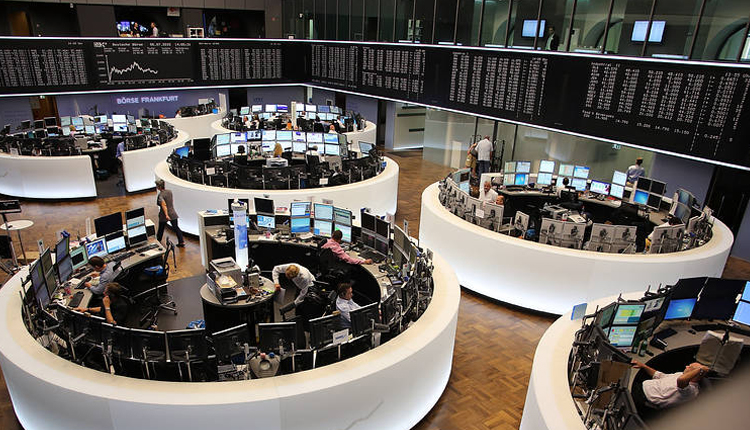European markets closed higher higher on Friday after British Prime Minister Theresa May lost another crucial Brexit vote in the U.K. Parliament.
The pan-European Stoxx 600 index closed provisionally 0.56 percent higher on the last trading session of the month. For the week, the index of European blue chip stocks finished 0.78 percent higher.
May’s draft proposal to leave the EU, which has been signed off by EU officials in Brussels, was beaten by 344 votes to 286, a margin of 58 votes.
Friday’s vote was considered slightly different as it only covered the withdrawal deal, a near 600-page treaty that agreed citizen’s rights after Brexit, a £39 billion ($51 billion) divorce deal and how to treat the Irish land border.
Market players also turned their focus to trade negotiations between Washington and Beijing, after fears of a potential U.S. recession put global equities under pressure earlier in the week.
Chinese Premier Li Keqiang pledged Thursday to further open up market access to foreign lenders and insurance firms. And on Friday, Treasury Secretary Steven Mnuchin said in a tweet on Friday that he and U.S. Trade Representative Robert Lighthizer had concluded constructive trade talks in Beijing.
On Wall Street, stocks rose amid the renewed optimism on the progress of trade talks.
On the corporate front, H&M shares soared 9.56 percent after it reported a smaller than expected drop in first-quarter pretax profit.
Meanwhile, Swedbank and Nordea both saw heavy selling on Friday with reports that New York’s financial regulator has sent letters to both asking for detailed information about their dealings with Danske Bank. It’s another step in a long drawn out money-laundering scandal in the region.
In terms of data, German retail sales rose more more-than-expected in February, according to new figures. Meanwhile, the U.K. economy grew by an annual average of 1.4 percent in 2018, according to a final reading of official data, the weakest expansion since 2012.
Source: CNBC


